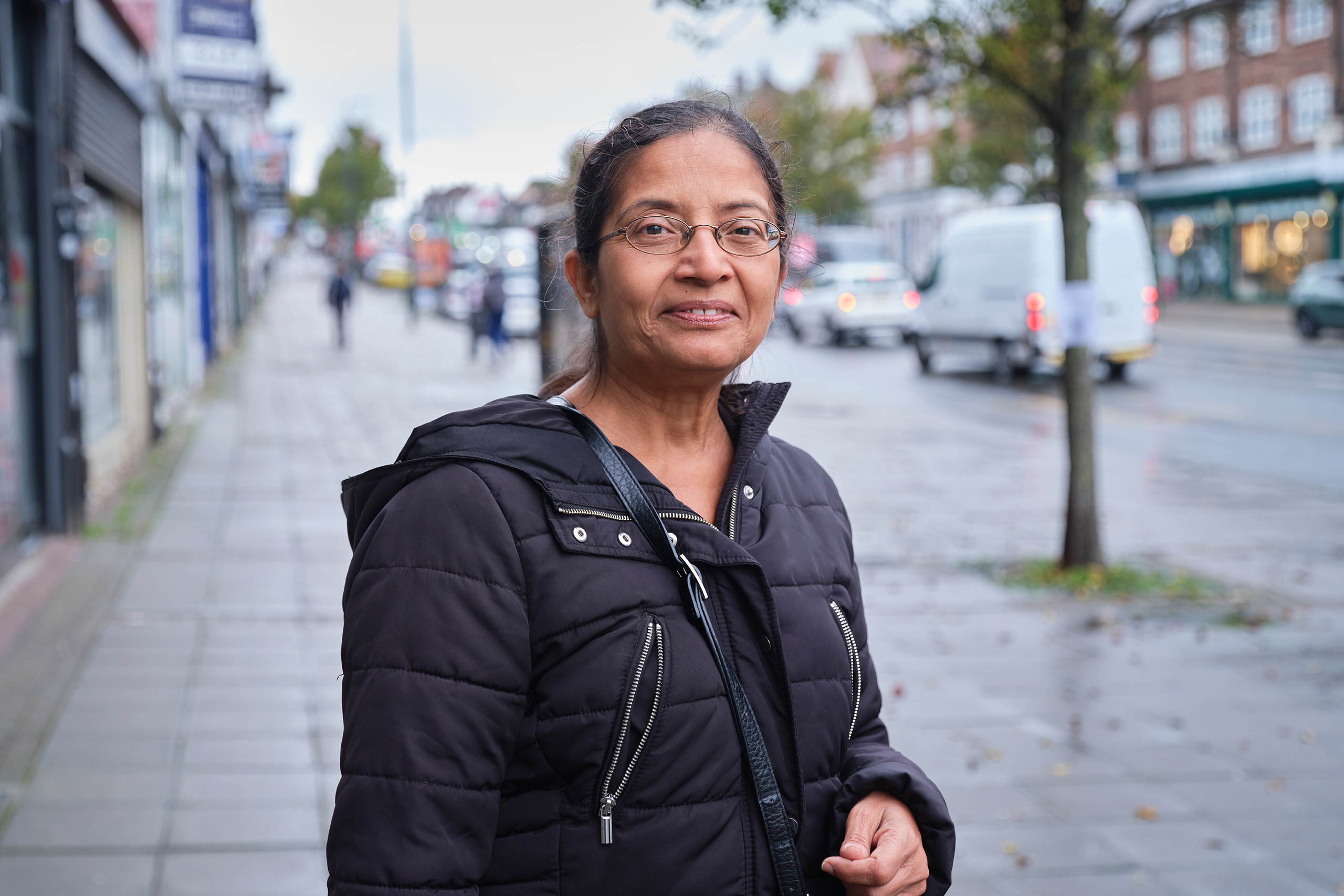How many Tory voters do the Conservatives want to deport in their pursuit of anti-immigrant votes?
The answer may appear obvious, but it took the Conservatives weeks to reach the conclusion that, actually, they did not want to strip millions of law-abiding people of permanent residency in the UK.
For nearly five months, as Reform UK has risen in the polls with an anti-immigration stance, it had been the party’s policy to remove a person’s right to “indefinite leave to remain” in the UK if they earned less than £38,700, or if they or their dependents claimed any benefit.
The draft “deportation bill”, introduced in May, made no distinction between benefits, including the state pension and maternity allowance.
Many of those whose official status is that they have indefinite leave to remain (ILR) can vote in general elections because they are nationals of Commonwealth countries including Australia, India, Jamaica, New Zealand or Pakistan and have the right to live in the UK after five years on a work visa or because their relatives live here. Data on ILR is patchy and doesn’t include people granted ILR before 2004, but about 2.8 million people have ILR and Oxford’s Migration Observatory estimates that 431,000 are non-EU citizens.
But this policy became seen as an own goal for the Tories. “British Indians are the one group the Conservatives have been encouraged by their progress with,” said Sunder Katwala, director of the thinktank British Future. “And it's the group with the largest number of people they were threatening with deportation.”
The Conservatives have previously sought to court voters of South Asian origin, and before the 2024 election received substantial donations from Amit Lohia, a textiles magnate; Selva Pankaj, the Sri Lankan founder of a private education group; and Bobby Arora, who co-owns B&M.
In the 2024 general election, the only seat the Conservatives party gained was Leicester East, the constituency with the UK’s highest Hindu population. And the only seat where they got more than 50% of the vote was in Harrow East in northwest London, with the third highest Hindu population.
Related articles:
On Kenton Road in Harrow last week there was some confusion among current and former Tory supporters about the moral implications of deporting people who had spent decades in the UK working, building businesses and raising families.
Some of those who spoke to The Observer had arrived in Britain as refugees after Idi Amin expelled all Asians from Uganda in 1972 then faced prejudice after their resettlement was opposed by Enoch Powell, a Conservative MP.
Newsletters
Choose the newsletters you want to receive
View more
For information about how The Observer protects your data, read our Privacy Policy
Others, such as current Tory voter Hina Shah, were annoyed about “free housing, all the benefits” for asylum seekers, but the idea of removing ILR from people was a red line.
“No, no,” Shah said. “If we all have to go away, who will work in this country?”
Within the Conservative party itself, fault lines have developed over immigration and indefinite leave to remain. The “deportation bill” sank without trace until Katie Lam, a shadow Home Office minister and the granddaughter of Dutch Jews who fled the Nazi occupation, said that a large number of people on ILR should “go home”, leaving behind a “mostly, but not entirely, culturally coherent group of people”.
Lam is an ally of Robert Jenrick, the shadow justice secretary who complained that he had “not seen another white face” in the Birmingham suburb of Handsworth.
The Observer reported last week that backbenchers had complained to Tory whips about what others described as “Idi Amin territory” – although it is believed to have received support in some quarters. British immigration policy has usually been framed around who might contribute to the UK, rather than trying to create an “ethnostate” based on how British or white people are.
Kemi Badenoch’s office initially backed Lam, but two days later the policy was in tatters, with Badenoch saying Lam had spoken “imprecisely”.
“We don’t believe in making things retrospective,” she said.
Badenoch said her party would spend time to “make sure that all our policies are coherent”, but the Conservatives feel under pressure from Reform. Nigel Farage has been less coy about his intention to scrap ILR entirely and “deport” – a term officially used only to describe the removal of criminals – hundreds of thousands of people who had lived legally in the UK for decades.
Even if the Tories eventually decide to choose anti-immigrant votes over those in, say, Leicester or Harrow, the political calculus remains risky.
“Every person here on ILR is not going to be isolated,” said Rob Ford, professor of politics at the University of Manchester. “They're going to have family. An awful lot of them will be people who are married to British citizens. You're going to have a lot of families where you're potentially splitting up parents, rendering children parentless, getting rid of grandparents.”
Photograph by Amit Lennon



